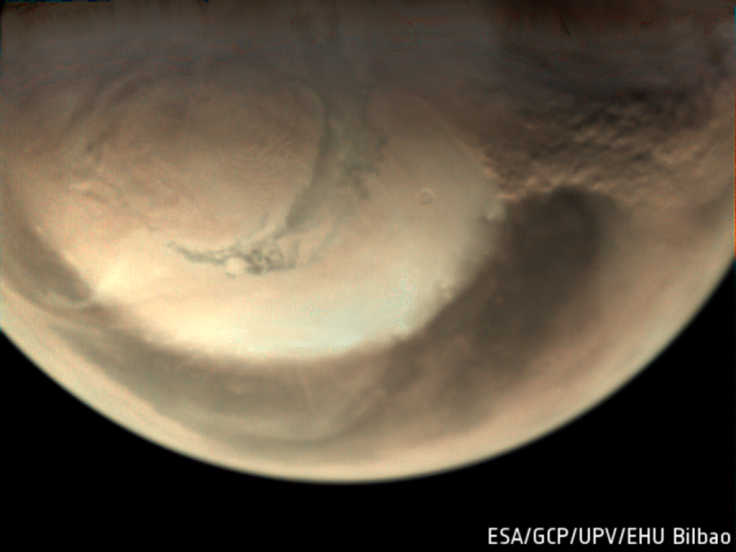Babies Born In Space Colonies No Longer Human, Biologist Says

As NASA and other agencies plan to colonize Mars someday, an evolutionary biologist said that babies who will be born in space might no longer be considered as traditional humans. Due to evolution and factors that will affect childbirth in space, those born in Mars might be regarded as part of a different species.
NASA is currently planning to launch a rover to Mars in 2020. It will help the agency prepare for a crewed mission to the Red Planet in the future. For NASA, these missions will determine if living on Mars is possible.
Due to talks about colonizing Mars, evolutionary biologist Scott Solomon of Rice University in Houston, Texas offered his insights regarding the new generation of people who will grow up in space.
According to Solomon, babies who will be born in Mars colonies might not look like the typical humans on Earth. For one, the harsh environment of space will cause Mars inhabitants to evolve. This could be brought on by exposure to cosmic radiation.
“[We may evolve] new types of skin pigments, like the melanin that protects our skin from ultraviolet sunlight on Earth,” Solomon told Business Insider. “That could mean that future generations living beyond Earth will evolve to have different skin colors.”
Aside from the color of the skin, people born in Mars could also develop heads that are much larger than those of their Earth counterparts. According to Solomon, this is due to the effect of space on the human body and childbirth.
Due to the reduced gravity in space, humans will lose density in their bones. This could cause childbirth to become even more dangerous for women since their pelvis could fracture during the process. As a result, doctors in Mars colonies would most likely rely on C-sections for safer childbirth.
Solomon noted that this procedure could cause future generations on Mars to grow larger heads.
“With more C-sections, that could lead to larger heads in our descendants because they wouldn’t be constrained by the size of the birth canal,” he said.
Although Solomon believes that the evolution Mars colonizers will go through will take a very long time, these people will eventually change into something that is very different compared to those on Earth.
“Eventually, people living in space could evolve to be different enough from people on Earth that we would consider them to be different species,” he said.
© Copyright IBTimes 2024. All rights reserved.





















